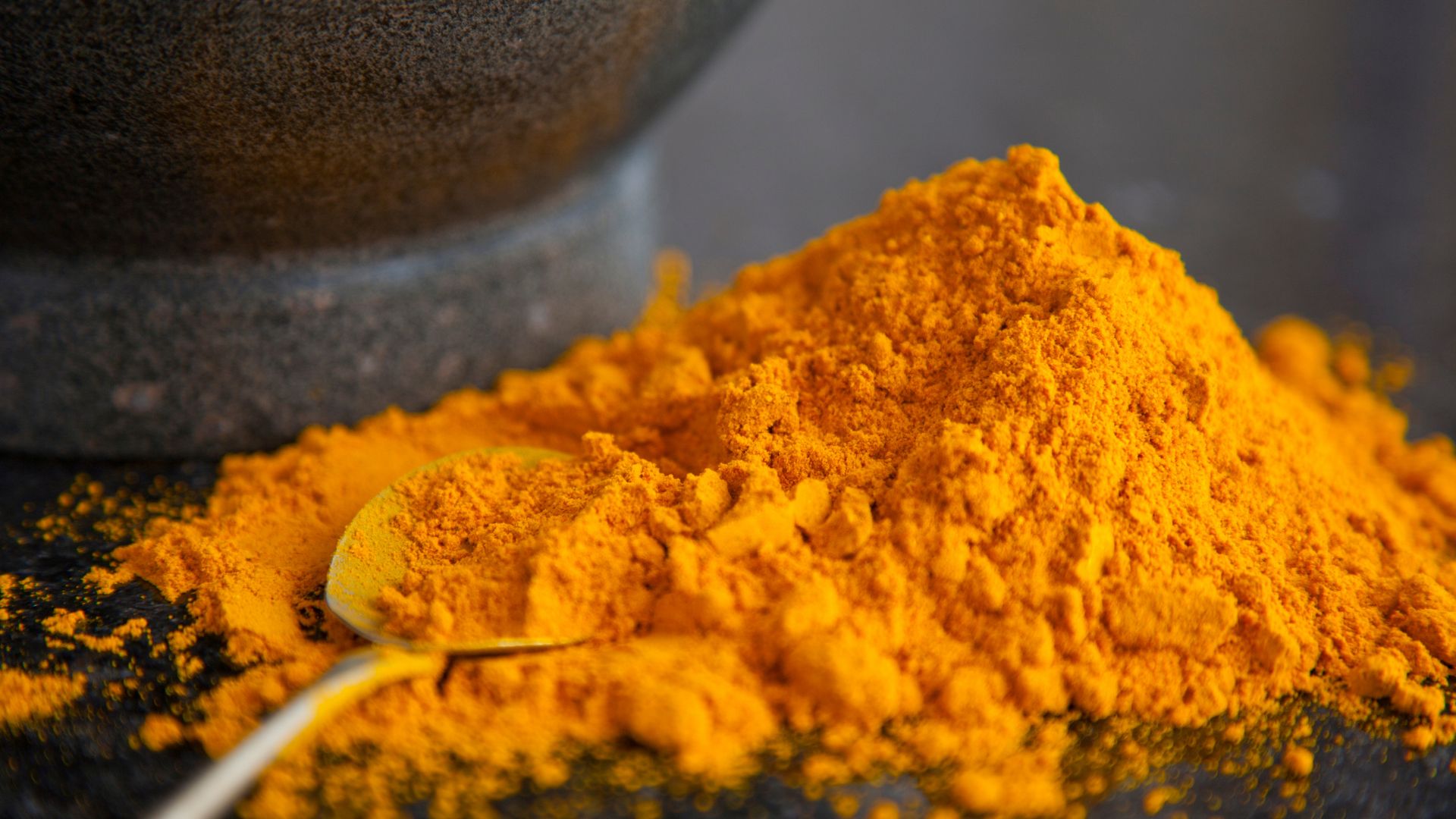
For centuries, turmeric has been more than just a spice in our kitchens—it’s been a natural remedy deeply rooted in Ayurvedic and traditional medicine. Known for its vibrant golden hue and earthy flavor, turmeric contains a powerful compound called curcumin, which has caught the attention of researchers worldwide for its potential to support health and fight disease. But is turmeric really the natural cure we’ve been overlooking all this time? Let’s take a closer look.
Table of Contents
The Science Behind Turmeric
Turmeric’s health benefits stem primarily from curcumin, its active compound. Curcumin is a potent antioxidant and anti-inflammatory agent, meaning it helps the body combat free radicals and reduce chronic inflammation—two key drivers of many modern diseases.
While a teaspoon of turmeric powder in your curry adds flavor, it’s the curcumin that may help protect your body from within. However, curcumin’s absorption in the body is low, which is why it’s often recommended to pair turmeric with black pepper (piperine) to enhance bioavailability.
Proven Health Benefits of Turmeric
1. Reduces Inflammation Naturally
Chronic inflammation has been linked to conditions like arthritis, diabetes, heart disease, and even cancer. Curcumin in turmeric works as a natural anti-inflammatory—comparable in effectiveness to some medications but without the harmful side effects.
2. Supports Joint & Bone Health
People with arthritis often report reduced pain and better mobility after regularly consuming turmeric. Its anti-inflammatory and antioxidant effects may slow joint deterioration.
3. Boosts Immunity
Turmeric strengthens the immune system by enhancing the body’s defense against infections. In traditional medicine, it’s often used in warm milk (golden milk) as a natural cold and flu remedy.
4. Improves Brain Function
Curcumin can cross the blood-brain barrier and may boost levels of BDNF (Brain-Derived Neurotrophic Factor), a growth hormone linked to improved memory, learning, and reduced risk of neurodegenerative diseases like Alzheimer’s.
5. Promotes Heart Health
Turmeric improves endothelial function, which supports healthy blood vessel activity. This can reduce the risk of high blood pressure, blood clots, and cardiovascular disease.
6. Aids Digestion & Gut Health
In Ayurvedic practices, turmeric is used for bloating, gas, and digestive disorders. Modern studies suggest it supports gut microbiome balance and helps with conditions like irritable bowel syndrome (IBS).
7. Natural Skin Healer
Applied topically, turmeric can help reduce acne, scars, and even skin inflammation. Its antibacterial properties make it a favorite in natural face masks.
How to Use Turmeric in Daily Life
-
Golden Milk: Mix warm milk, turmeric, black pepper, and honey.
-
Turmeric Tea: A calming drink with ginger, lemon, and turmeric powder.
-
Cooking: Add turmeric to curries, soups, rice, or roasted vegetables.
-
Supplements: Curcumin capsules with black pepper extract are widely available.
-
Face Masks: A mix of turmeric and yogurt can brighten and soothe skin.
Precautions & Side Effects
While turmeric is generally safe, excessive consumption can cause:
-
Stomach upset or nausea
-
Risk of kidney stones (due to oxalates)
-
Interaction with blood-thinning or diabetic medications
It’s best to consult a doctor before starting turmeric supplements, especially if you have an existing medical condition.
Turmeric may not be a “miracle cure,” but it offers scientifically backed health benefits that can complement modern medicine. From reducing inflammation to boosting brain function, this humble spice deserves its reputation as one of nature’s most powerful healers.
So the next time you reach for turmeric, remember—you’re not just adding flavor to your food; you’re also supporting your long-term health.
Takeaway: Turmeric is not a replacement for medical treatment, but it’s a powerful natural ally for overall well-being—one we’ve been underestimating for far too long.


